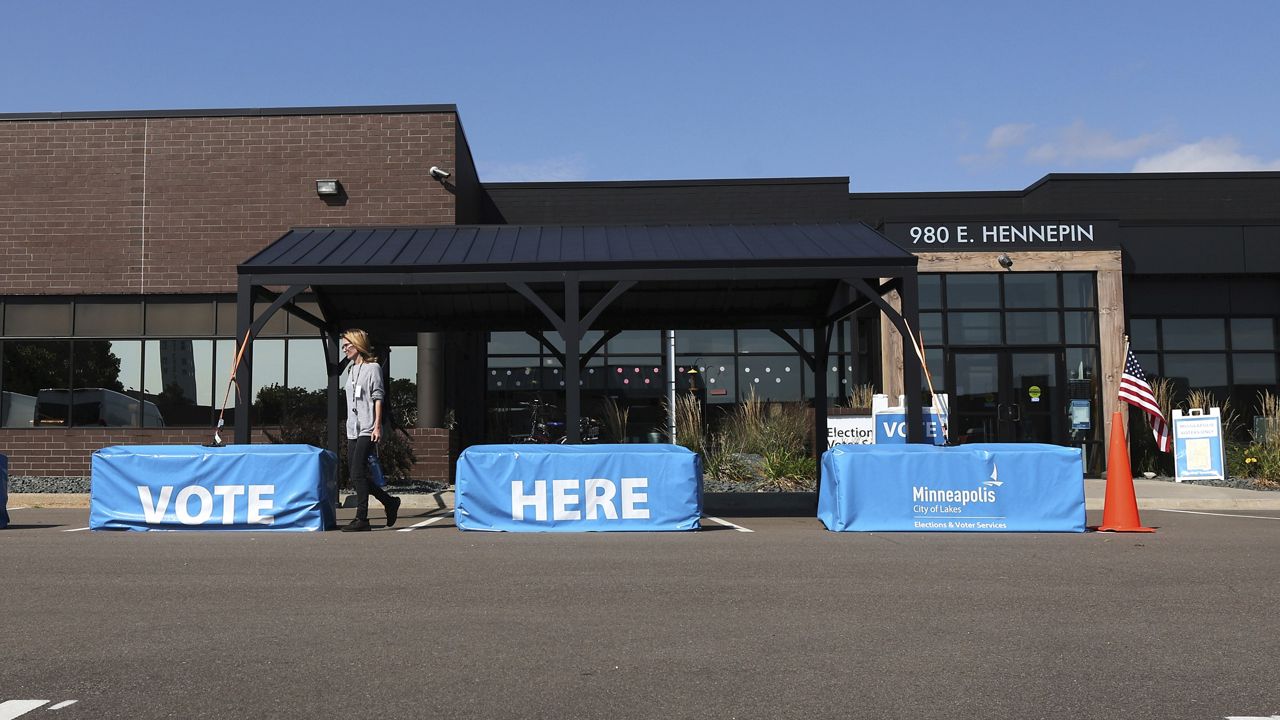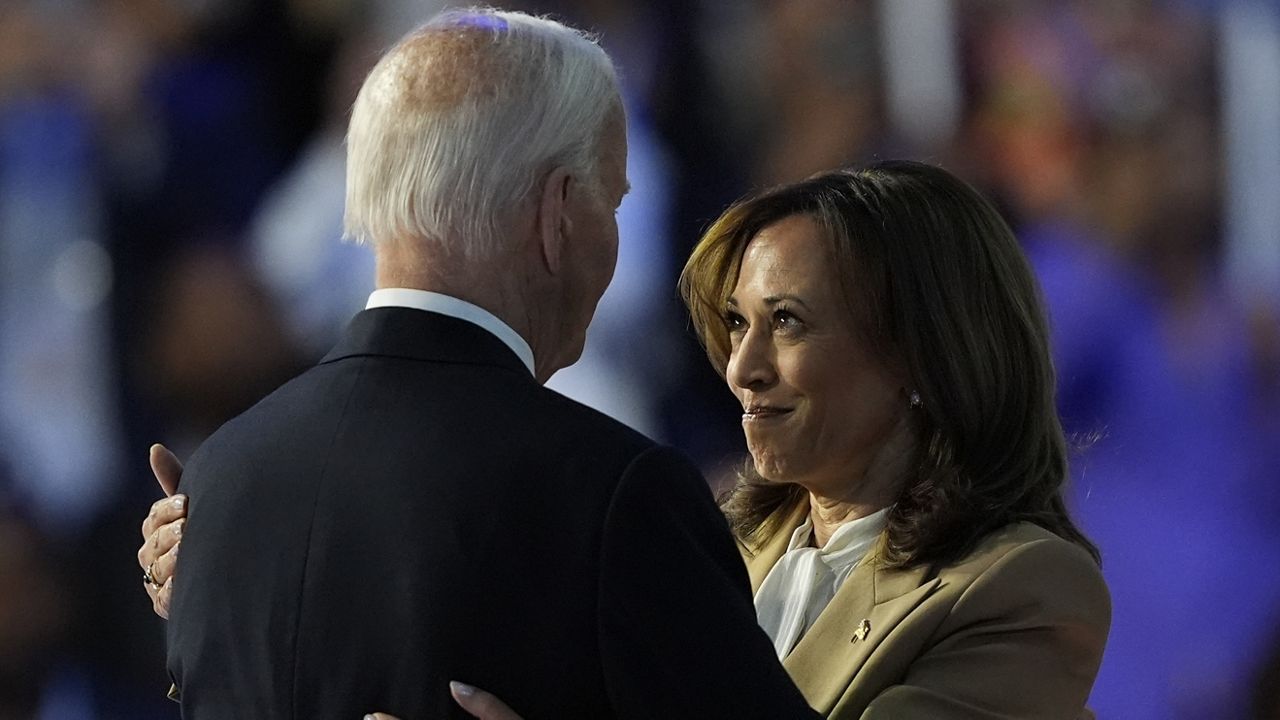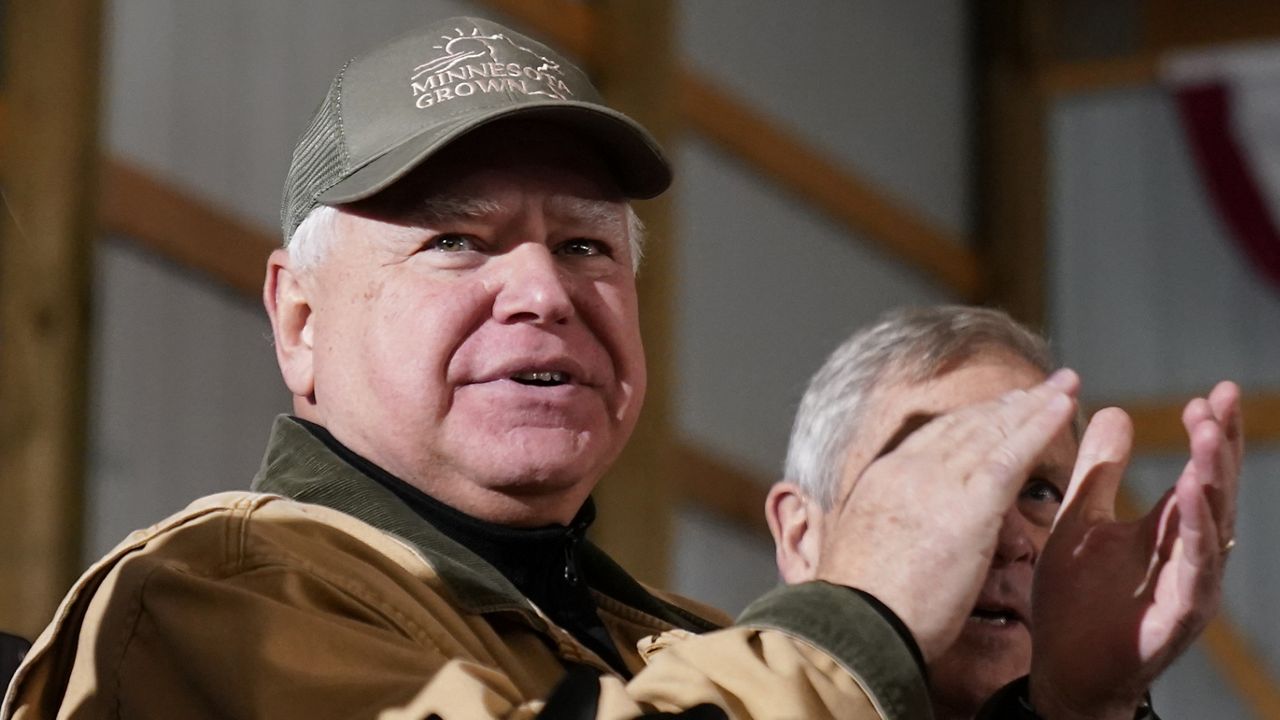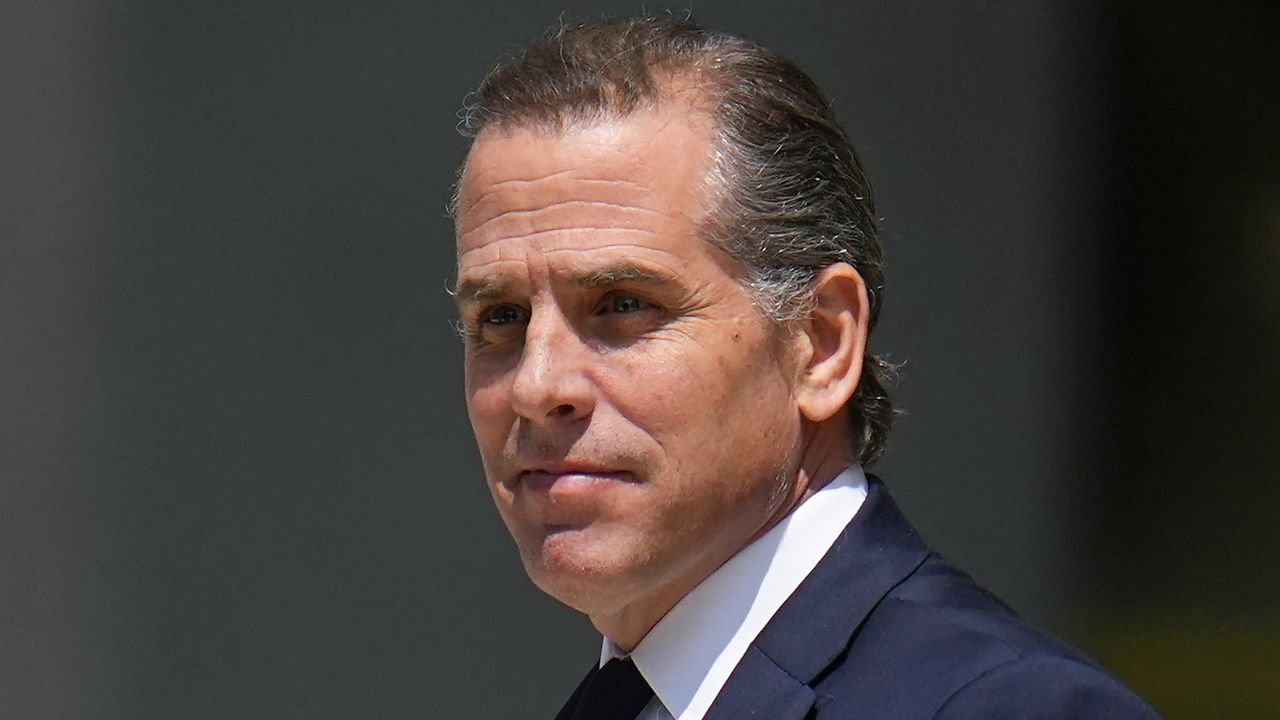Even as former President Donald Trump and Florida Gov. Ron DeSantis dominate the conversation around the 2024 Republican presidential primary, other prominent names in the GOP are beginning to jump in to make their case.
Former Vice President Mike Pence and former New Jersey Gov. Chris Christie are expected to enter the race this week. Former United Nations Ambassador Nikki Haley, a former governor, and fellow South Carolinian Sen. Tim Scott are already in.
But one Republican teasing a presidential run might not be as familiar to some voters: North Dakota Gov. Doug Burgum.
What You Need To Know
- Little-known North Dakota Gov. Doug Burgum, a two-term governor and former tech executive with Microsoft, is teasing a run for the Republican nomination in the 2024 presidential election
- In the handful of polls that have asked about him, including one from CNN late last month, at most 1% of Republican primary voters said he was their first choice
- Burgum has lamented Republicans' focus on culture war and said the Republican-controlled state legislature was too focused on issues like banning books from children’s libraries and restricting transgender minors’ access to health care and ability to participate in school sports, bills he ultimately signed into law anyway
- The conservative governor has pointed to his record of slashing regulations, balancing the state budget, and passing tax cuts, while also pitching the expansion of domestic oil and gas production and shrinking the federal government to “return power to the states”
“We need new leadership for our changing economy,” Burgum said in a video he released Monday, previewing “Wednesday’s big announcement.”
“Anger, yelling, infighting,” Burgum continued. “That’s not going to cut it anymore. Let’s get things done. In North Dakota, we listen with respect and we talk things out. That’s how we can get America back on track. It’ll work.”
Burgum is expected to announce on Wednesday in Fargo, N.D., multiple media outlets have reported.
Whether Burgum’s theory of the case will work in a Republican presidential primary remains to be seen. The race’s leading contenders, Trump and DeSantis, have waded heavily into culture wars and grievances, using aggressive rhetoric against each other, political enemies and the press.
According to polling aggregator FivethirtyEight, Trump leads with a polling average of 53.9% to DeSantis’ 21.1%. No other contender is registering higher than 5.5% on average.
In the handful of polls that have asked about him, including one from CNN late last month, at most 1% of Republican primary voters said he was their first choice.
Trump’s campaign told the Associated Press Burgum’s impending announcement is ““an indictment of DeSantis’ disastrous announcement and his dismal poll numbers.”
“There’s blood in the water, and every candidates sees how weak he is,” the campaign said in a statement to the newswire.
In May, Burgum sat down with the editorial board of the Bismarck Tribune, a daily newspaper in his state, and told them he thought the Republican-controlled state legislature was too focused on issues like banning books from children’s libraries and restricting transgender minors’ access to health care and ability to participate in school sports, bills he ultimately signed into law anyway.
"The majority of North Dakotans are wondering why the legislature spent that much time on some of these topics,” Burgum said.
He also signed a near-total ban on abortion in April, allowing abortions in very few circumstances, including when the mother is at risk of dying. Otherwise, the only exceptions are in cases of rape and incest, but only within the first six weeks, when many women do not yet know they are pregnant.
And last week, he joined Republican governors across the country in announcing his plan to send state National Guard troops to Texas’ southern border, responding to a call from Texas Gov. Greg Abott to help “defend our national sovereignty and territorial integrity” from migrants attempting to enter the country.
In the video posted Monday, Burgum spent much of the time talking about his personal story — a small town North Dakota boy who worked as a shoe shine and a chimney sweep before helping start a wildly successful software company in Fargo — as well as economic accomplishments during his tenure as governor.
“I grew up in a tiny town in North Dakota. ‘Woke’ was what you did at 5 a.m. to start the day,” Burgum said, before boasting about slashing regulations, balancing the state budget, and passing tax cuts as governor over scenes of North Dakota downtowns and ranchers herding cattle.
He also pitched expanding domestic oil and gas production and shrinking the federal government to “return power to the states.”
The two-term governor first ran in 2016 despite no prior political experience, beating out the state party’s preferred candidate, the state attorney general, by more than 20%. In deep-red North Dakota, he won the general election with over 75% support and won again in 2020 with over 65% of the vote, roughly the same as Trump garnered in his reelection effort in the state.
According to a Morning Consult poll from last year, 66% of North Dakotans approved of Burgum, while 23% disapproved.
Burgum endorsed Trump for president in 2016 after he had all but locked up the party’s nomination and the pair endorsed each other in 2020.
In 1960, four years after Burgum, 66, was born, his hometown of Arthur, N.D., had 325 people, according to U.S. census data. In the 2020 census, it had 328.
After a childhood of shoe shining and working at his grandfather’s grain elevator, he received an MBA from Stanford University in 1980 and returned to North Dakota, where he says he mortgaged farmland to fund a software company that would eventually employ thousands and sell to Microsoft for over a billion dollars.
After the sale in 2001, Burgum stayed on with Microsoft as a senior vice president overseeing software development for small and midsize businesses until 2007. In the years after, until running for governor in 2016, he served on the boards of tech companies and invested in North Dakota real estate.
Burgum, who is wealthy but denied in 2016 that he was a billionaire, has poured millions into his own campaigns and received six-figure support from Silicon Valley compatriots like Microsoft founder Bill Gates and eBay executive Robert Kagle in 2016, according to North Dakota campaign finance records.
Considering his personal wealth and big money connections, he may not need to rely on small dollar donations to fund his campaign, but he will need at least 40,000 unique donors — and log at least 1% in multiple key polls — to meet the Republican National Committee’s threshold for the first primary debate in August.




)



